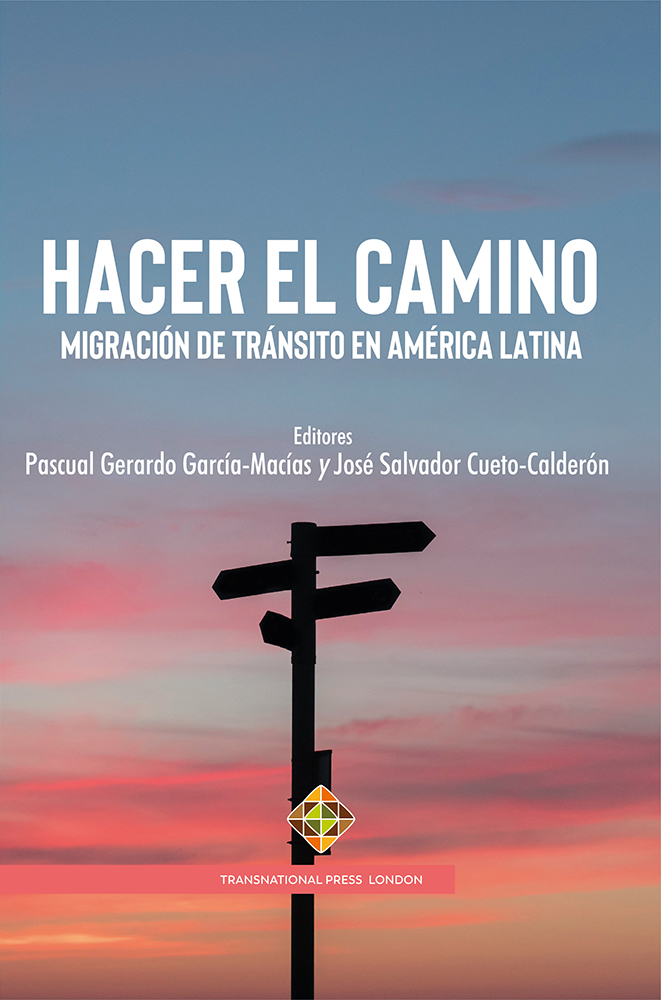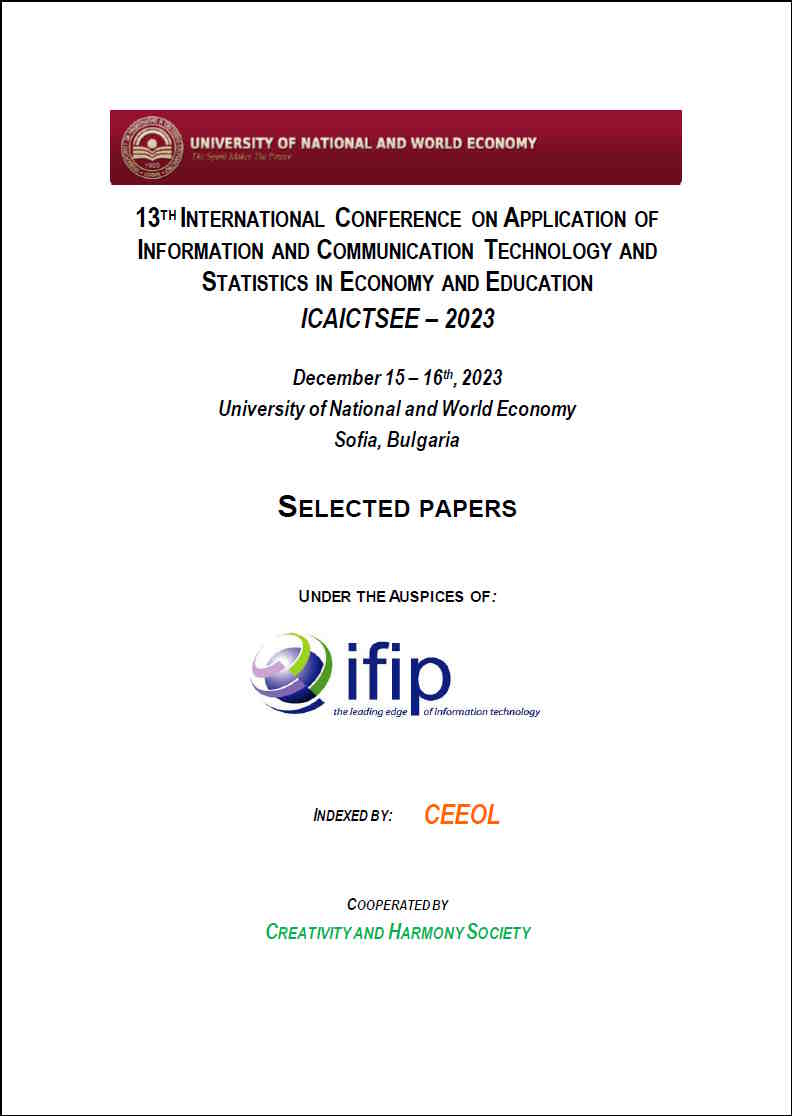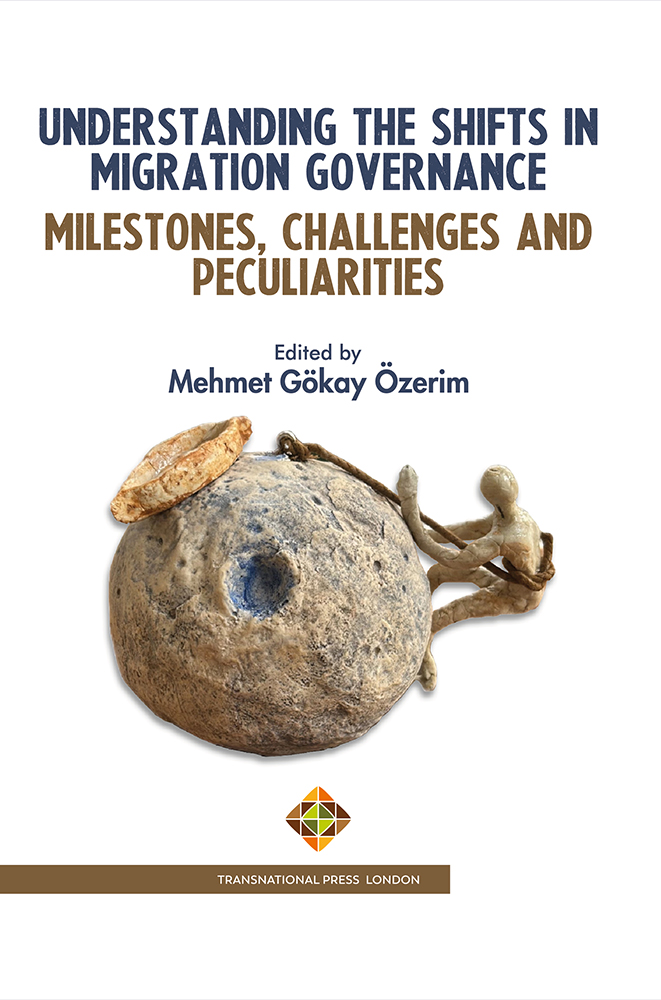Author(s): Rositsa Ivanova / Language(s): English
Publication Year: 0
Digital transformation is a strategic process where various digital tools and technologies are used, such as scanning, computer networks, internet, satellite, social media, etc. This enables the processing, storage and transfer of information to users, irrespective of their location. Digitalisation gives enterprises the opportunity to create new and to build-up on existing processes.Nowadays, digitalisation becomes a key priority for many enterprises, since by digitalizing the business processes in the course of their operations, enterprises have the objective opportunity to overcome the dependence on their physical location, the remoteness of suppliers, customers and markets, the existence of appropriate infrastructure, and a number of other factors that affect their business. Thus, enterprises may implement timely and adequate measures upon the occurrence of any adverse trends in the development of the dynamic and competitive market, which is characterized by a certain level of entropy. The main body of this publication explains the nature of digitalisation, the advantages of its introduction and the requirements in the process of enterprises’ digitalisation. Based on this, opportunities for digitalisation of activities in the field of accounting and financial and business analysis of the enterprises are offered. The object of this study refers to the opportunities for digitalisation of the financial and business analysis of the enterprises’ operations, and its subject matter covers the digitalisation of the analysis of the capital structure of non-financial enterprises in the economy of our country based on the data of their financial statements. The publication highlights the opportunities to link the information contained in the enterprise’s balance sheet to the methodology and the methods for analysis of the enterprise’s capital structure. The aim is to achieve connectedness – within a single system, among information provision, methodology and methods for analysis of the enterprise’s capital structure, the analysis results and the adoption of justified and good decisions for its management. Within this system, data from the business analysis of development, the condition and the trends in the capital structure, with view of, and in relation to, the financial and investment policy of the enterprise, could be successfully integrated and used.
More...






